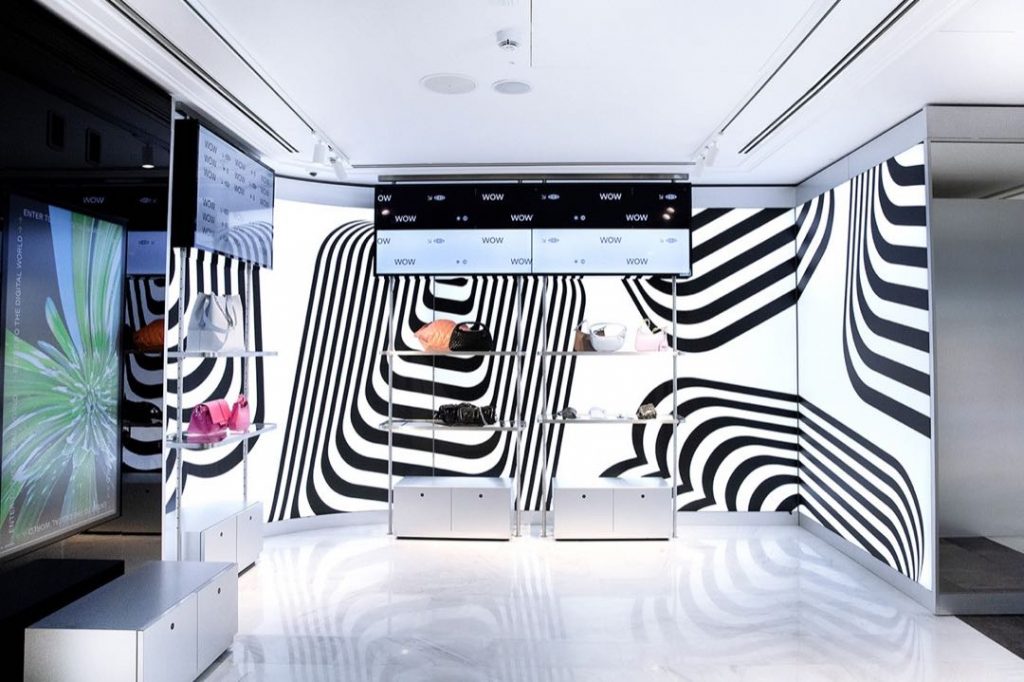• With a $26 trillion size globally in 2021, the retail sector is experiencing an adoption of technologies to improve consumers’ omnichannel experiences.
• The “phygital” concept, growing in the retail industry, blends digital and physical experiences into one.
• The startup WOW develops a sandbox of physical and digital spaces to test startup technologies.

The retail sector, with a $26 trillion global size in 2021, is experiencing an adoption of technologies to improve consumers’ omnichannel experiences to secure access anytime, anywhere, on any device, and with any content. This development has been catalyzed by the recent pandemic and the growth of more digitalized generations, among other factors. Meanwhile, laws protecting consumers’ data have been reinforced.
However, while research indicates that e-commerce sales (digital) expect to grow by 13% annually worldwide, 78% of the total purchases still are estimated to be made in-store (physically) by 2024. Then, how to secure this ‘phygital’ integration between the physical experience (in the store) and the digital journey (in the e-commerce)? Touch kiosks, connected mirrors, beacons, and commercially augmented reality are some technologies that retailers are applying now to integrate this concept, according to the recently published article Adopting a retail phygital experience via open innovation: The story of WOW prepared by Professor Mª Julia Prats at IESE Business School’s Entrepreneurship and Innovation Center.
The consumer-goods company Adidas has introduced some of these to allow consumers to digitally try on clothes before purchasing in person. In the case of Gucci, in collaboration with Snapchat and the startup Wannaby, consumers can not only try their products but also personalize them before the purchase. Others aim to improve other steps in the customer journey, such as Tesco’s virtual store in Seoul’s subway or its contactless service in London, Amazon Go delocalized picking service, and more.
Following this trend, the startup WOW –founded in 2019 in Madrid– has developed a low-risk environment (sandbox) to test startup technologies aiming to improve the phygital experiences of other retailers. With a total of €33 million investment in the digital platform and physical stores, the startup’s first physical location encompasses six floors of premium products addressing white-collar customers. It uses the building as an extended arm of its e-commerce.
Later, in 2022, the company rented a new building in one of the exclusive shopping areas of Madrid: the Salamanca district. Expected to open doors in the second half of 2023, this second space (in Serrano Street) is going to focus on elegant fashion, formal (or smart casual), and premium-luxury brands. This will complement Gran Via’s approach, more dedicated to urban fashion, sports, and premium brands.


Thank you very much for your article. I learned some very interesting things that I will be able to implement at my company.
Wonderful blog….
I appreciate your blog really much. Thanks